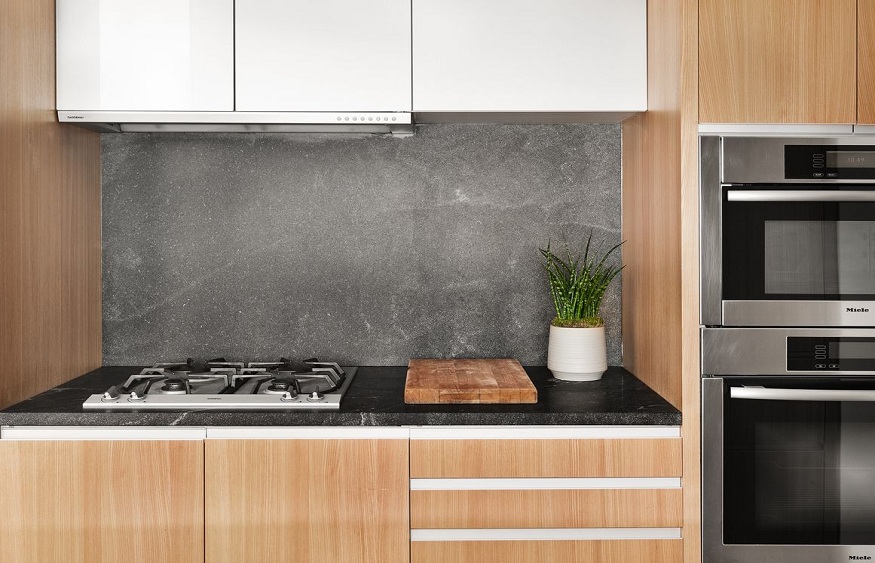When it comes to selecting a stove for your kitchen, the debate about whether a gas or electric stove is better can be intense! Both have their advantages and disadvantages. However, the ultimate decision rests upon personal preferences and needs.
In this article, we’ll take an in-depth look at both gas and electric stoves, weighing their benefits and drawbacks. And remember – regardless of whether you opt for gas or electric, if you’re having problems with your stove,expert appliance repairs are only ever a phone call away.
Heating Time &Temperature Control
One of the most significant differences between gas and electric stoves is in heating time and temperature control. Gas stovetops heat up and cool down faster than electric ranges, making them ideal for cooking tasks that require quick adjustments to heat. However, gas stoves may struggle to maintain consistent heat levels, especially under high heat. In contrast, electric stoves take longer to heat up but provide more precise temperature control.
Energy Efficiency
Another vital aspect to consider when selecting a stove is its energy efficiency. In this case, electric stoves are more energy-efficient than gas stoves, making them the better option for environmentally conscious individuals. Most electric stoves also come equipped with coil burners or sleek glass stovetops, rendering them more energy-efficient than gas stoves and thus keeping your energy bills lower.
Maintenance & Upkeep
Gas stoves, with their open flames, tend to dirty quickly, making them more challenging to maintain than their electric counterparts. Burners and grates need to be cleaned regularly, and pans tend to leave stains on the stovetop, requiring intensive cleaning. Electric stoves, on the other hand, are easier to clean once they’ve cooled off, with no crevices around burners where food can get trapped.
Installation & Safety
When it comes to installation, electric stoves require a 240-volt electricity supply, while gas stoves require a gas supply line, which can affect your decision based on the availability of infrastructure in your area. Moreover, gas stoves present a higher risk of gas leaks and carbon monoxide poisoning. Consequentially, they need to be installed by experts, and regular safety checks are essential.
Aesthetics & Convenience
Finally, the decision may come down to your style and convenience preferences. Gas stoves are versatile in design, from sleek stainless-steel finishes to classic ranges with al fresco grills. Vice versa, electric ranges come in a variety of models and colours, offering customisable aesthetics for your kitchen. Electric stoves don’t require a connection to a gas line, making them more convenient and perfect for tiny homes or apartments.
Which is the right choice for you?
Ultimately, both types of stove have their pros and cons, and the final choice comes down to personal preference based on the factors listed here. Take the time to weigh up your options, and perhaps even shop for gas and electric stoves in person to get a better feel for it. Good luck!



